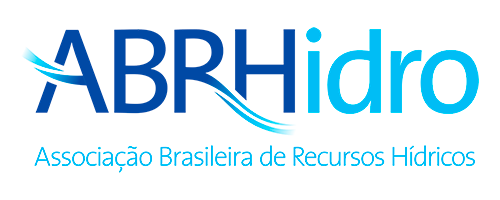ICFM6 - International Conference On Flood Management
Data: 17/09/2014 à 19/09/2014
Local: São Paulo - Brazil
Land Use and Climate Change Impact on Lake Hydrological Cycle: a Case Study (PAP014417)
Código
PAP014417
Autores
Tema
Land use and Floods, landslides and erosion
Resumo
The monitoring of rivers and lakes hydrological regime has been made during past hundred years. There is strong evidence that there is long term changes of lake hydrological regime caused not only by climate change but also anthropogenic factors. Lake Usma in Latvia is unique with hundred years' old natural reserve and Natura2000 nature protection areas in one part of lake and developing tourism industry in other coast of lake. During last ninety years the water level of Lake Usma increased for approximately one meter, which caused coast erosion, flood risk and changed soil ground water level in large territories around it. To find sustainable management solution for Lake Usma there is need to understand causes of hydrological cycle changes. In this research work are analyzed Lake Usma water level cycle changes since year 1926 in annually, monthly, daily and hourly scales, to find natural and anthropogenic factors impacting Lake Usma hydrological cycle. The result shows significant impact of natural and anthropogenic factors. The significant climate impact started since late 80ties. However during last sixty years there are significant anthropogenic impact in case by land reclamation measures in Lake Usma basin and hydro technical buildings downstream of Usma Lake.

